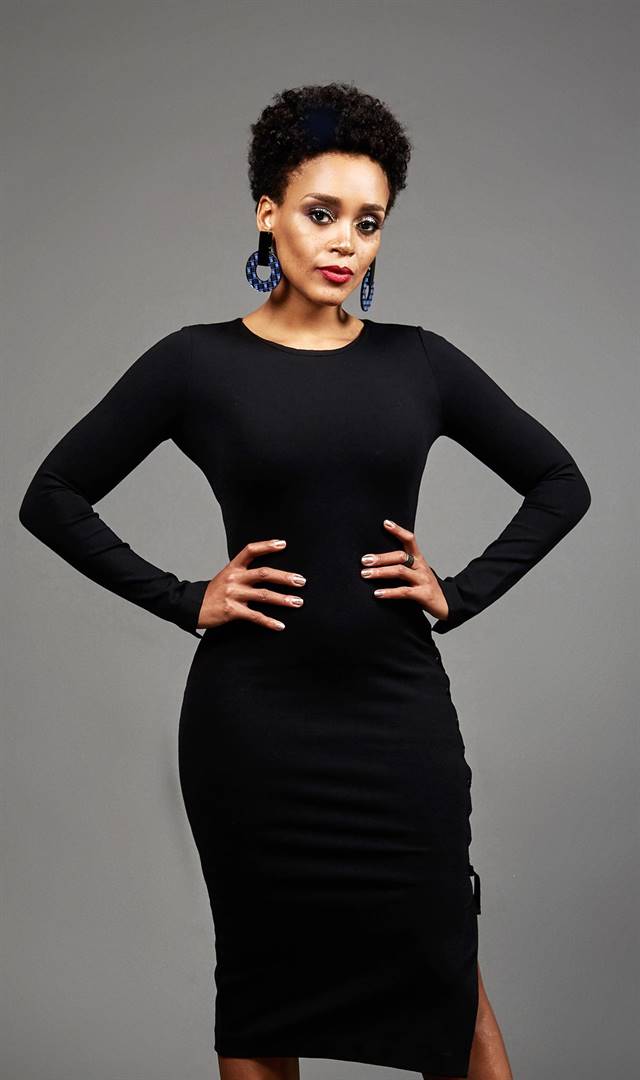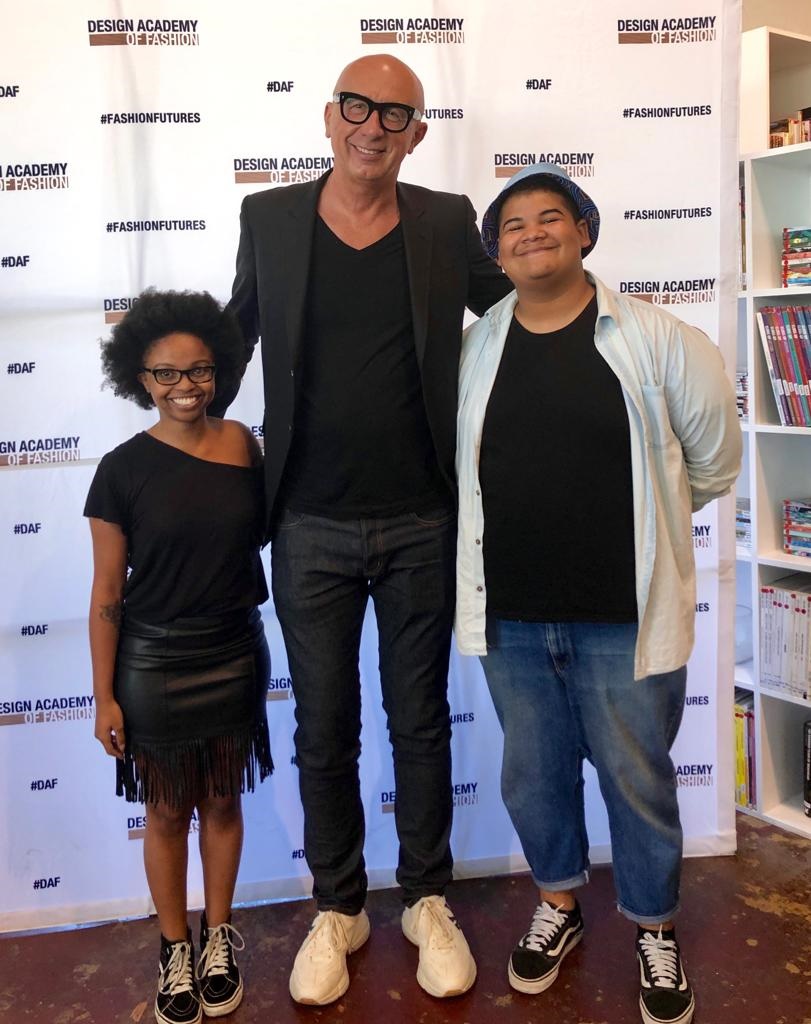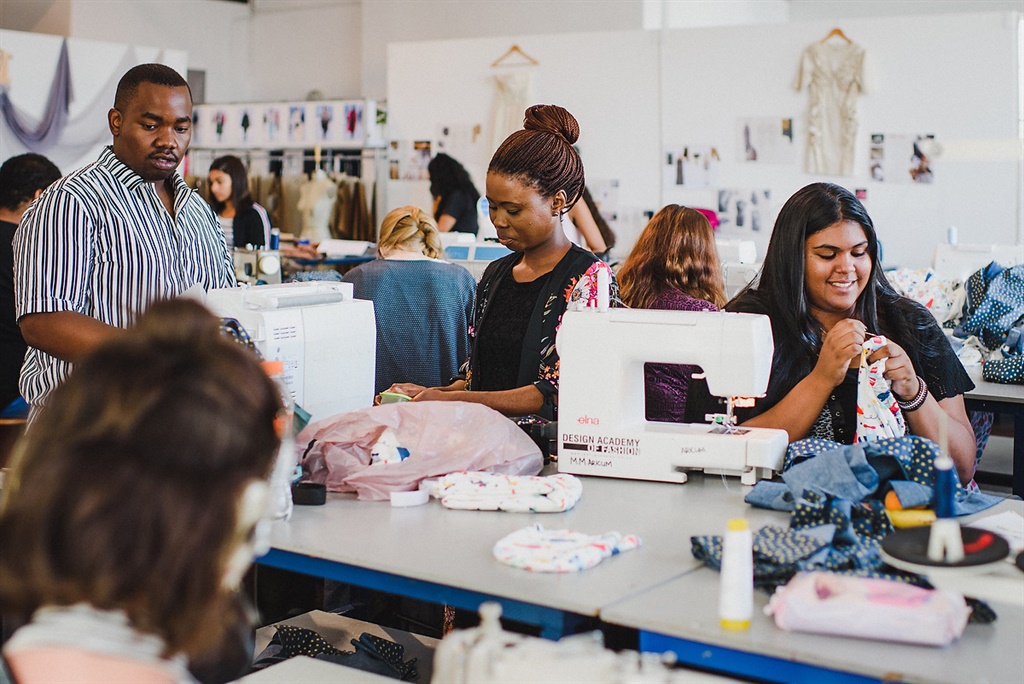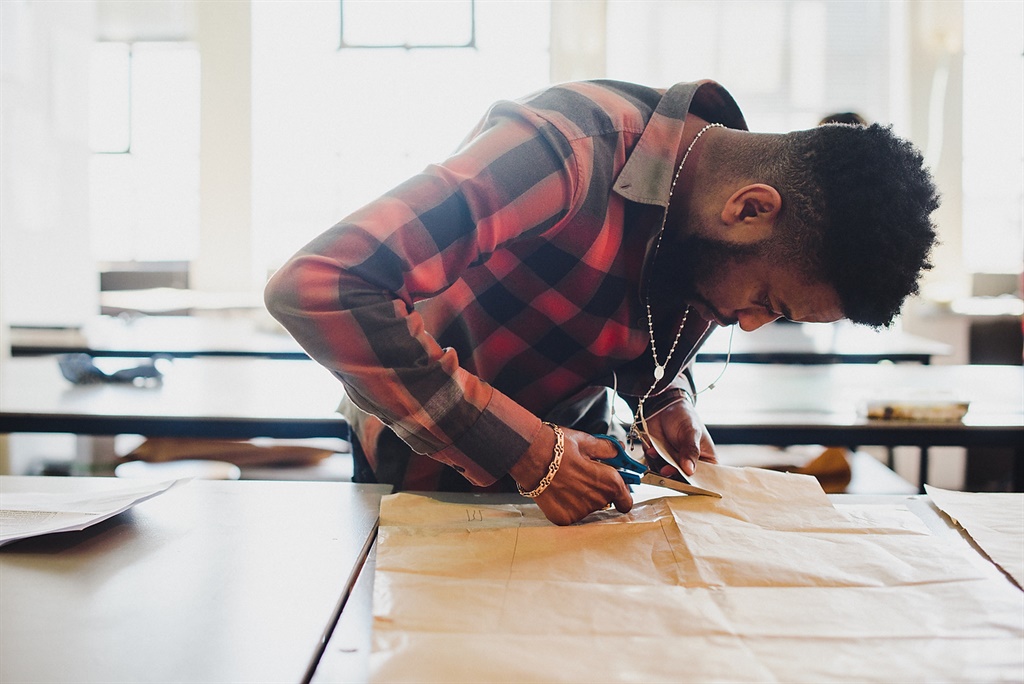
Diversity is not a trend, certainly not in fashion. And there’s a lot of work to be done in this industry to acknowledge and address the obstacles facing black designers, models and creatives. Rhodé Marshall talks about the future of fashion with Noni Gasa who, with her wealth of expertise in retail and branding, is one of South Africa's most illustrious media and style personalities.
It’s worth acknowledging that barriers have been breaking down globally in the fashion industry over the last year. We saw, for instance, Virgil Abloh become the first African-American head at Louis Vuitton menswear; Rihanna became not only the first black woman at the top of an LVMH Maison, but the first woman to create an original brand; black photographers shoot the cover of Vogue magazine for the first time; and an increase in the diversity of marketing images.
But systematic barriers still remain for black creatives and executives. It’s something that’s slowly being addressed, but that doesn’t mean we don’t still see offensive instances occur – such as Prada’s monkey trinkets that closely resembled racist caricatures or Dolce & Gabbana’s stereotype-heavy China video campaign. In February this year, Gucci sparked social media outrage for a controversial balaclava-style black sweater with bright red lips that many pointed out resembled blackface.
Gucci’s president and chief executive officer (CEO), Marco Bizzarri, immediately issued a public apology and launched a series of initiatives to drive transformation and cultural diversity within the 98-year old Italian luxury house. One of these – a scholarship programme with fashion design schools around the world – was announced by Naomi Campbell at the Condé Nast International Luxury Conference in Cape Town.
On the list of 11 schools selected for the prestigious fellowship is the Design Academy of Fashion (DAF) in Cape Town, co-owned by PR executive and fashion icon, Noni Gasa.
Gasa, a director at the DAF, has been at the forefront of South African fashion for 16 years, working at women’s magazines and with major retailers like Woolworths and H&M; as a marketing lecturer and as a resident judge on Project Runway SA.
#Trending spoke to her about cultural representation in the fashion industry and her new venture in education.
What inspired you to invest in a fashion design school?
I have a deeply held optimism about the potential for African fashion to enter the global mainstream.
But to compete at that level and to sustain the demands of what it takes to be a global business, designers need proper support at a foundational level.
Investing in education felt like the most meaningful way that I could apply my experience to shaping the next generation of talent. After all, African design is only as good as the quality of our education.
What is the significance of the Gucci fellowship programme?
The DAF is one of only three African schools chosen in a cluster of 11 feeder schools that are now in partnership with Gucci. This means that every year one of our third year graduates will intern at Gucci’s design headquarters in Rome for 12 months. This is a unique opportunity for our students and the continent.
It’s an honour to be recognised among top international schools such as the Fashion Institute of Technology in New York and Bunka Fashion College in Tokyo.
What criteria did you have to meet to be selected?
There wasn’t an application process. We got the first correspondence from Gucci several months before the announcement was made in May. They reached out to our MD, Bianca [Fobian], and a few months after that Marco Bizzarri dropped in on a surprise visit to our Woodstock campus. He met with the staff, some of the students and looked through their final year portfolios. He’s a warm and authentic leader who is deeply engaged in Gucci’s transformation process.
The fashion industry has drawn a lot of criticism for lack of transformation. Gucci, Prada, H&M and Burberry have all been accused of racially insensitive designs. What needs to change?
Well, the obvious step in driving transformation is to hire culturally diverse teams at both a design and leadership level. But real transformation is not cosmetic and shouldn’t only exist to meet employment equity quotas. Inclusivity must be at the heart of an organisation and adopted as corporate culture. There must be a willingness to change.
Do you agree that fashion’s transformation is attributed to pressure from “Black Twitter”?
Yes. The power of social media has given long-ignored groups a collective voice to call out racial insensitivities and to hold the leadership at these fashion brands accountable.
I think it’s beautiful. And important.
What’s your take on the state of local design right now?
This year has been a pivotal year for African creatives. Most memorably, it was the year that Thebe Magugu won the LVMH Prize; Nelson Makamo’s work made the cover of Time magazine; Nicholas Hlobo redesigned the Louis Vuitton Capucines bag; Ikea launched their first African collection; Bloomingdales stocked Papama Mtwisha’s Africa Your Time Is Now line; Zanele Muholi showed at the Venice Biennale; MaXhosa showed at New York Fashion Week; and Rich Mnisi won an Essence award.
It’s a new dawn for African design and the timing of our school’s partnership with Gucci couldn’t have come at a more significant moment in history.
What is required to bridge the gap between young talent and industry?
I think the most critical need is for business mentorship and fashion incubators that support design students.
The clothing and textile sector is in crisis – there are no jobs, major retailers are struggling and consumer spending is down. The solution is a collaborative effort between the private and public sectors.
Last month I partnered with Capitec Bank on a roadshow themed: “Fashion and Finance”, where we visited six universities to teach the importance of financial literacy to design students.
Do you face any unique challenges as a black woman in education?
I guess my challenges are different. In private education, we’re insulated from a lot of issues affecting public universities.
My focus now is on empowerment and levelling the playing field by awarding bursaries to talented black students wanting to study at our academy.
So that they too can access life-changing opportunities and gain practical industry experience. My goal is to develop the next generation of African designers who are properly equipped to work with the best in the world.




 Publications
Publications
 Partners
Partners











